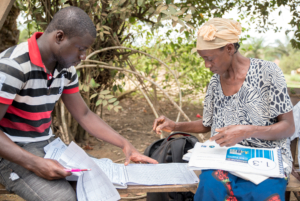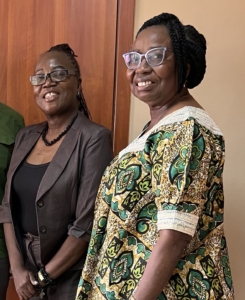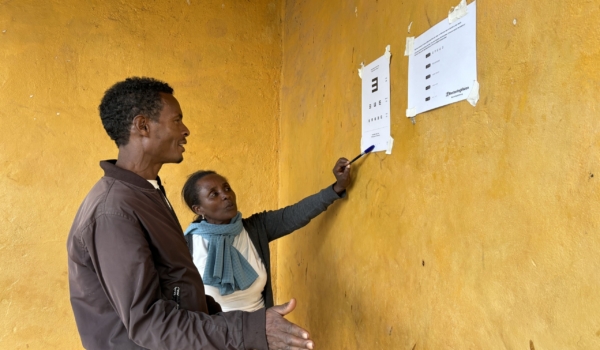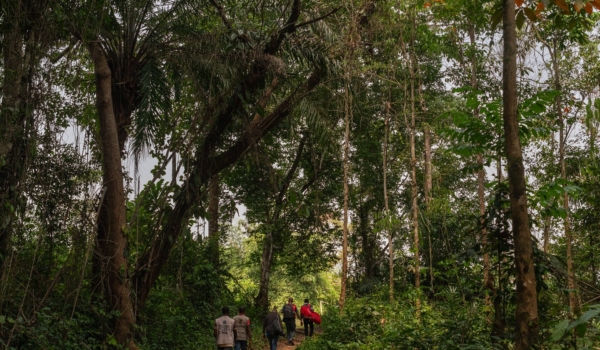Since its launch in 2016, Liberia’s National Community Health Program has scaled to cover all 15 of Liberia’s counties, with paid and professional community health workers providing quality primary care in some of the world’s most hard-to-reach communities. To date, 4,491 community health workers (known nationally as community health assistants) and 469 community health service supervisors have been deployed to serve over 1.5 million Liberians. A vital link to the health system, they increase referrals to the health facility, rapidly respond to disease outbreaks, drive behavioral change for patients, and deliver an integrated and standardized package of primary care services. Community and frontline health workers have treated and/or screened over 1.9 million childhood cases of pneumonia, malaria, and diarrhea, and have provided 446,388 women with access to family planning services.
At the Third International Community Health Workers Symposium in March 2023, Liberia Minister of Health Dr. Wilhemina Jallah launched a new national community health policy to guide the next ten years of the national program’s implementation. Speaking to delegates from 46 countries assembled in Monrovia, Liberia, Dr. Jallah emphasized the urgency of expanding universal health coverage as part of Sustainable Development Goal 3—and the key role of community health workers. “Universal health coverage isn’t possible without engaging remote communities,” said Dr. Jallah. She highlighted the impact of the national program, citing gains in maternal and child health outcomes—but recognized that the program still falls short of its aspirations to ensure all Liberians can access primary care.
To maximize the impact of the program, the Ministry of Health undertook a comprehensive review process with community health stakeholders like Last Mile Health, which culminated in the new National Community Health Services Policy 2021-2030. “This is an exciting next step for the national program, moving us closer to a resilient community health system in Liberia that expands access to universal health coverage and protects against future disease outbreaks,” Dr. Jallah said.

A community health services supervisor reviews data with a community health worker in Gboe’s Town, Rivercess County, Liberia.
Key components of the new policy include:
- Rolling out a revised, competency-based curriculum and training to equip community health workers with the knowledge and skills they need to make the greatest impact in their communities.
- Expanding the essential package of services provided by community and frontline community workers. This includes expanded access to immunization services administered by community health services supervisors. In addition, after a successful pilot, community health workers will administer Sayana Press, an injectable contraceptive for women seeking family planning services.
- Introducing a nationwide electronic community-based information system to ensure community-level data can be accessed at the national level to drive quality improvement and innovative solutions for system gaps.
- Strengthening the commitment to increasing gender equity in the national program, as less than 20% of community health workers in Liberia are women. In June 2021, the Ministry of Health made a public commitment as part of the Gender Equal Health and Care Workforce Initiative with Last Mile Health to increase parity of women as paid health workers via the national program. After conducting an assessment aimed at examining the gender responsiveness of the program, the Ministry is adjusting its recruitment approach and curriculum to drive gains in female employment as community health workers.
The new policy, said Dr. Jallah, will have a tangible impact for patients at Liberia’s last mile. Thanking the partners whose work has helped make the revision possible, she said, “We know that through ongoing solidarity, we will continue to make a difference in the communities across Liberia and realize the dream of achieving high-quality universal health coverage even for those in the most remote communities.”





